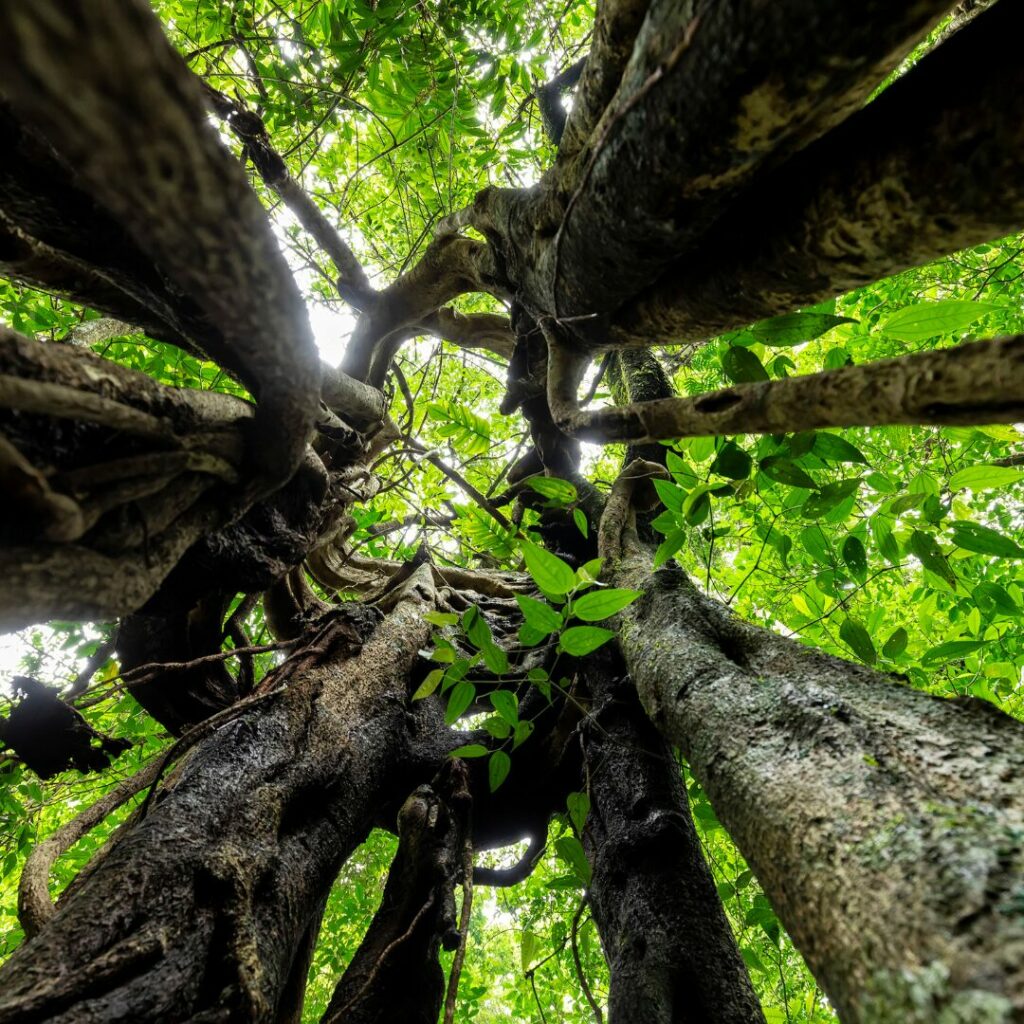Spending time outdoors can be as simple as visiting a local park and as involved as hiking the Appalachian Trail. No matter the time we spend, we all create an impact with our presence and our activities. The Leave No Trace Seven Principles are relevant to all of us, and we must minimize our impact.
Leave No Trace Seven Principles
1. Plan Ahead and Be Prepared:
When heading outdoors, know the rules and regulations of where you are going. Use maps and a compass; do not mark your path with paint or rocks. Visit when there is less foot traffic and go in smaller groups. Repackage all food to reduce waste
2. Dispose of Waste Properly
That means all trash and belongings should be returned to you. Leave no trace that you visited the site. Use bathroom facilities when available. Otherwise, place human waste in holes 6-8 inches deep and at least 200 feet from water, trails, and camp. When washing, go 200 feet away from water sources, use biodegradable soap, and scatter the dishwater after straining.
3. Travel and Camp on Durable Surface
A durable surface is designated campsites, gravel, sand, and maintained trails. Stay in the middle of the course when hiking, even in mud or rain. Protect water sources by camping a minimum of 200 feet from creeks and lakes and look for areas without vegetation. A good rule to follow is campsites are found, not made.
4. Leave What You Find
Do not disturb rocks, structures, or animals. Get out your phone and take a picture to remember your experience. Avoid transporting non-native species—for example, firewood and plants from other areas. When boating, washing your boat’s hull before transporting is essential because invasive species can attach to the bottom of the boat and be moved during transport.
5. Reduce the impact of campfires
Campfires can have a catastrophic impact on the environment. Use a camp stove for cooking and a candle lantern for lighting. If fires are permitted, use established fire areas, keep them small, and burn down dead wood. Burn your fire to ash, and once cool, scatter the ashes.
6. Respect the Wildlife
Never feed wildlife, and keep your food and trash secured. Avoid areas and times when animals are mating, nesting, or raising young. If you bring your pet, keep them controlled at all times.
7. Be Considerate of Other Visitors
Always courteous to others and yield when on trails. Camp away from trails and other visitors and enjoy the sound of nature. Loud voices and noise disturb others trying to enjoy nature.
The Leave No Trace Center for Outdoor Ethics established these principles in the mid-1980s after working with the US Forest Service, the Bureau of Land Management, and the National Park Service. Based on scientific research, and continuing education, the principles remain adaptable and applicable to anywhere and any situation.
But without the cooperation of the public, they remain only words. Through our actions, we can reduce our impact and ensure that the beauty and diversity we all enjoy will prosper for generations to come. For more information on The 7 Principles of Leave No Trace, please visit their website at Leave No Trace.






